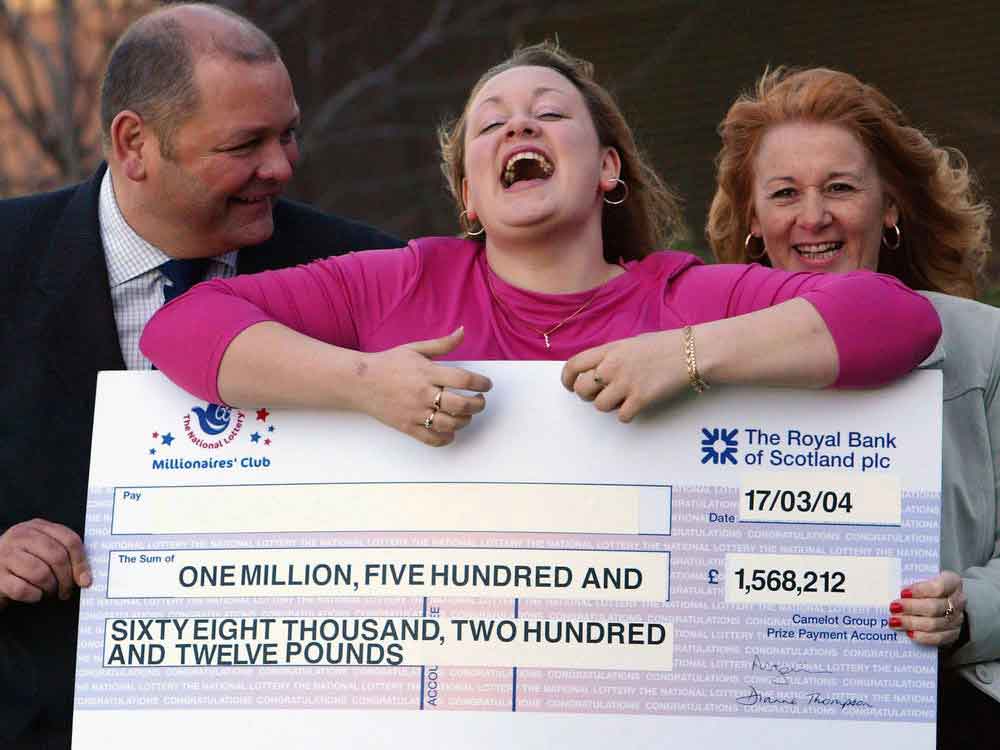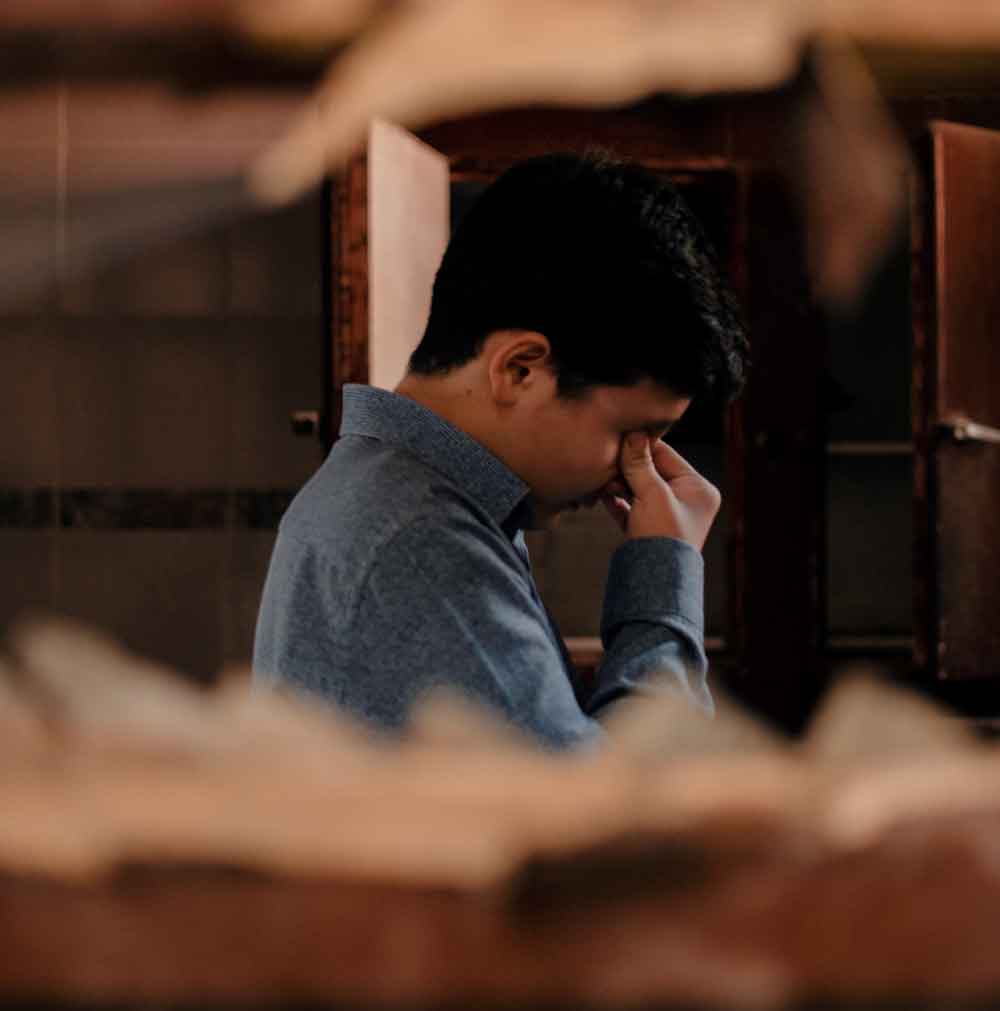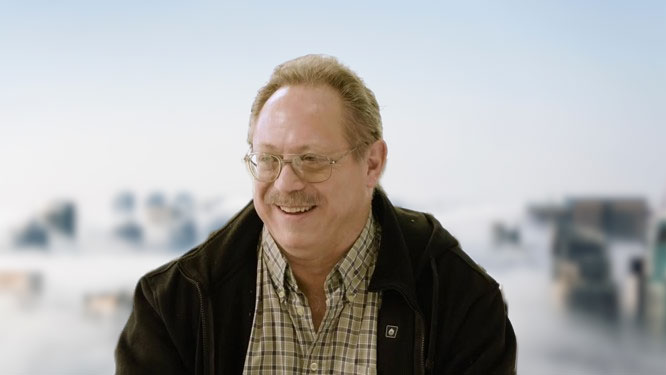The happiness baseline theory states that there is a natural emotional state of well-being to which we return regardless of what happens in their lives. As such, good and bad things can happen in our lives, but they will have only a temporary effect on our overall happiness level. In a long-term, our approximate level of happiness will be that of our happiness baseline and these is nothing we can do about it, or so we are told.
In this article, we will discuss whether the happiness baseline theory is really true and whether we can do something to permanently increase or decrease our level of happiness. We will start with studies of lottery winner, which is often used to show support to the happiness baseline theory, stating later evidence against the happiness baseline theory.

Why an Average Lottery Winner is Unhappy?
To win a lottery is a common dream, since we believe that by drastically increasing our financial well-being we will be able to acquire all these interesting goods and experiences that will increase our happiness.
However, studies that followed recent lottery winners confirm that on average people who won a large amount of money enjoy increased happiness levels for a limited time, a couple of years at most. Eventually and unavoidably, they return to their natural state of well-being, also know as happiness baselines, as if they never won this extraordinary amount of money.
This studies point out to the fact that money provides us with a temporary satisfaction at best, meaning that more money is not necessarily a solution to more happiness, and if we are to give a Lamborghini to a depressed person, we will now have a depressed person inside a Lamborghini.
Bad News Don’t Affect Happiness Baseline Either
Contrasting the lottery winners studies, there are paralyzed accident victim studies that looked at life satisfaction of people who experienced an extreme bad luck, such as they lost a limb. This people, too, suffered for the first few years, but unavoidably they return to their prior to accident happiness baseline, as if they never lost a limb.
Now, this sounds like a contradiction. After all, society promises us that we can progressively increase our state of well-being if we are able to do buy certain things, go to certain places, and enjoy certain life experiences. And yet, lottery winners and accident victims studies state that happiness if fixed and we can’t escape happiness baseline no matter how good or bad our life turns to be.

Hedonistic Adaptation Supports Happiness Baseline
Imagine buying a car you always wanted. You will likely enjoy this new car for a few days or maximum few weeks before you start perceiving it as just another thing you own. This process is called a hedonistic adaptation, which scientists today believe it to be a relatively quick process that lasts for a maximum of a few weeks for significant events, like marriage or buying new houses.
Hedonic adaptation is another reason people believe us today to have a happiness baseline, which we can’t escape.

Why More Money Does Not Move Our Happiness Baseline?
Similarly, in a different study which looked at countries Gross Domestic Product (GDP) and correlated it to our general state of happiness concluded that since the 50th, we progressively got wealthier. Still, this new wealth didn’t reflect in a progressive increase in happiness. In other words, since the 50th, our happiness baseline has maintained relatively stably.
One possible explanation, presented in the above study, is that most people who live in the developed western countries in the world already have enough money, possessions, and experiences to be happy. In other words, we already satisfied our basic needs and now we are focused on our wants, which are infinite, inconcrete, and don’t necessarily increase our happiness baseline.
Ultimately, this study suggests that a real solution for permanent, stable, and lasting happiness is found in the intangibles, such as how we think and how we lead our lives.

Escape Your Happiness Baseline
The problem with all of the above studies is that they measure the objective state of well-being (such as wealth, materialism, and money) and correlate it with our general state of happiness. However, more money can also lead to more problems, such as unreasonable working hours, never ending comparison game, and overall feeling that we don’t have enough, hence we are not enough.
The true solution for a permanent increase in our happiness baseline is found in learning how to control our subjective state of well-being also known as emotional intelligence. By doing so we learn to look at the world in different eyes. We stop looking for the negatives and start focusing on the positives, which automatically moves our happiness baseline.
In other words, we are not doomed to return to our happiness baseline. However, to do so we need to stop playing the money game and learn a new skill of emotional intelligence. Luckily, this whole website is dedicated to this topic.















